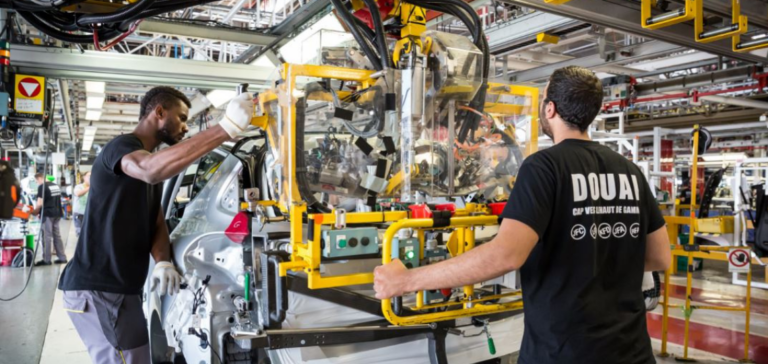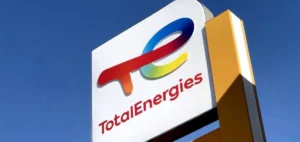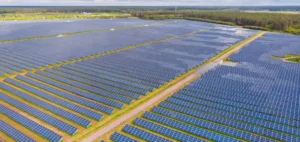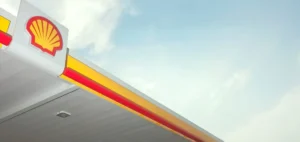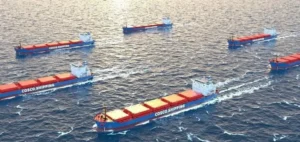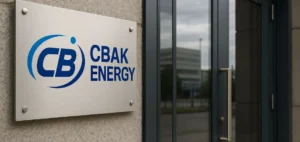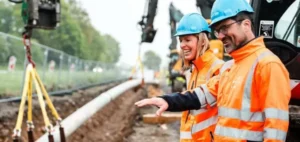The Renault group has announced that it is accelerating the decarbonization plan for its plants in France through three forward-looking partnerships.
A decisive step
For Renault, this new stage is taking shape thanks to three partnerships that will enable the energy transition: Voltalia, Engie and Dalkia. The Renault Group and Voltalia sign the largest long-term renewable electricity supply contract in France. With a capacity of 350MW, this contract will represent the production of approximately 500GWh per year by 2027.
With a duration of 15 years, this is an unprecedented commitment in France in terms of power. This agreement will enable Renault to cover up to 50% of the electricity consumption of its production activities in France. Voltalia will install photovoltaic panels on French territory for a capacity of 100MW from 2025.
This agreement will cover Cléon’s electrical activities as well as the entire sustainable electricity needs of the ElectriCity cluster. It is the largest and most competitive electric vehicle production center in Europe. In addition, a geothermal project unprecedented in Europe will be launched at the Douai site.
A strategic partnership
It is a partnership between the electricity supplier Engie and the Renault group. This large-scale project is part of a Heat Purchase Agreement (HPA) with the objective of supplying the plant with low-carbon heat. The goal is to replace 70% of its gas needs from local and renewable sources.
At the end of 2023, Engie will start drilling work on the Douai plant to extract hot water (130-140°C) at a depth of 4,000 meters so that the system can be commissioned by 2025. The water will then be returned to its natural environment. Once implemented, this geothermal technology would provide nearly 40MW of continuous power.
Dalkia, part of the EDF Group, will supply decarbonated heat to the Maubeuge plant. This solution is made possible by the installation of a biomass boiler and heat recovery systems on the site. With a capacity of 15 MW, this boiler should enable the plant to cover 65% of its gas needs from local and renewable sources by 2025.

